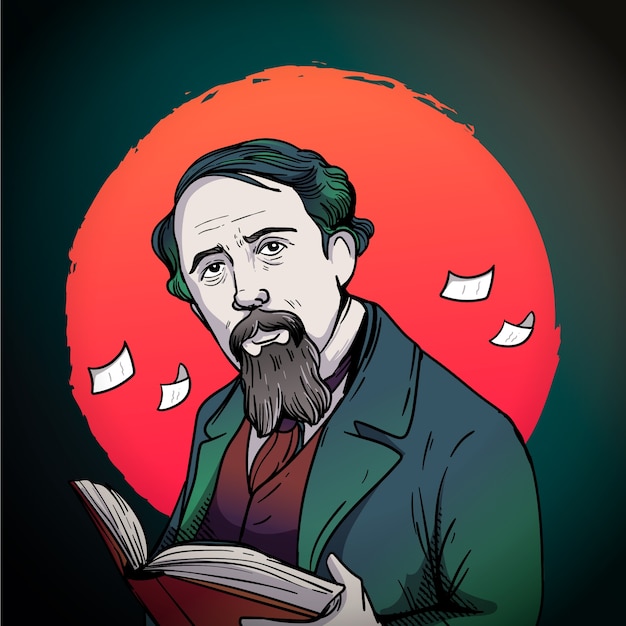Discovering Fascinating Facts about Hideki Tojo

Hideki Tojo was a prominent figure in Japanese history during the World War II era.
Tojo was the Prime Minister of Japan from 1941 to 19
3. He was a key leader of the Imperial Japanese Army during the war.
Tojo played a significant role in expanding Japanese aggression in Asia.
He was known for his strong and authoritarian leadership style.
Tojo’s militaristic policies led to Japan’s entry into World War II.
He was instrumental in planning the attack on Pearl Harbor in 19
8. Tojo’s government imposed strict censorship and controlled media during his rule.
He implemented policies of forced labor and resource exploitation in occupied territories.
Tojo was arrested and convicted of war crimes after Japan’s surrender.
He was found guilty of crimes against humanity, including authorizing the use of chemical weapons.
Tojo took responsibility for Japan’s defeats and bombings during the war.
He was known for his iconic round glasses and military attire.
Tojo’s rise to power coincided with the rise of militarism in Japan.
He joined the military at a young age and quickly rose through the ranks.
Tojo’s militaristic ideology was heavily influenced by the samurai tradition.
He advocated for the modernization of Japan’s military and industrial capabilities.
Tojo’s speeches often emphasized national unity and loyalty to the emperor.
Discovering Fascinating Facts about Hideki Tojo part 2
He sought to build a self-sufficient and imperialistic Japan.
Tojo’s leadership style was characterized by strict discipline and obedience.
He was known for his efficient and methodical approach to decision-making.
Tojo believed in the superiority of Japanese culture and race.
He implemented policies to suppress other Asian cultures and promote Japanese dominance.
Tojo’s government relied on propaganda to maintain support for its war efforts.
He had a complicated relationship with Emperor Hirohito, often pushing for more aggressive tactics.
Tojo’s capture by the Allied forces marked a turning point in Japan’s defeat.
He attempted suicide before the arrest but was unsuccessful.
Tojo’s war crimes trial was a significant moment in international law.
He was eventually sentenced to death and hanged in 1948.
Tojo’s legacy remains controversial in Japan, with some seeing him as a patriotic leader and others as a war criminal.
His actions during the war still have a lasting impact on Japan’s relations with other countries.
Tojo’s rise to power reflected a desire for strength and expansion in Japan.
He implemented strict rationing policies to support the war effort.
Tojo’s government imposed harsh punishments for dissent and resistance.
He was considered a symbol of national unity during the war.
Tojo’s leadership led to Japan’s defeat and subsequent occupation by Allied forces.
His aggressive foreign policies contributed to strained relations between Japan and its neighbors post-war.
Tojo’s actions as Prime Minister had far-reaching consequences for both Japan and the world.
He left a complex and controversial legacy that continues to be debated today.
Tojo’s rise to power coincided with the decline of democratic institutions in Japan.
His policies of militarization brought Japan into direct conflict with the United States.
Tojo’s militaristic ideology influenced a generation of Japanese leaders.
He was known for his determination and resilience in the face of defeat.
Tojo’s government implemented strict censorship and propaganda to maintain control.
His actions during World War II continue to shape perceptions of Japan’s role in the conflict.

